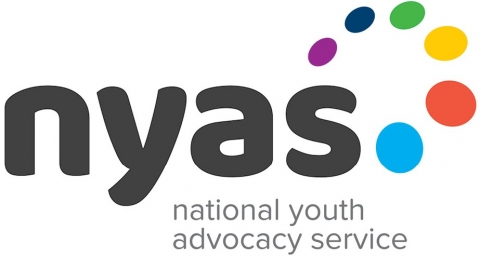
Where will I live?
Family and Friends
Your social worker will want to try and find a close relative that can look after you. Many children go to live with their Grandparents, Aunty or a close friend of the family. They have a special team called the Family and Friends Team that assess and support family members to look after children that can stay at home.
Fostering
Your social worker may need to find you a qualified and experienced Foster Carer to live with. They are trained and supported by Brighton and Hove to look after children and young people. You may not be able to stay in the same area that you were living in. Sometimes you may have to move right away from Brighton and Hove.
More information about Foster Care in Brighton and Hove.
There are lots of other agencies that have foster carers working for them. You may be placed with them, but they are assessed, trained and supported by social workers to make sure they give you the best care possible.
Children’s Home/Residential
Children’s homes are group homes that have more than one child living there. They are not like a Foster placement with one or two main carers; they usually have lots of staff that will work at different times.
Some people prefer this to foster care and do really well in children’s homes. Don’t believe everything you see on Tracy Beaker!
Private Fostering
This is a private arrangement between your parents/carers and someone they have asked to care for you. If you are living with someone for 28 days, they must tell social services. Social Services can offer advice and support.
Adoption
Adoption is a way to give children a more permanent family and often happens when children are younger.
A family will be found that best meets the needs of the child and they will live together for a while to see if it works. It will go to court and a judge will make an adoption order which ends the legal status in the birth family and making the child part of a new family.
Older children don’t often want to be adopted because they want to still be part of their birth family.
For more information read a child's guide to adoption.
Placement Moves
One of the hardest things young people in care may experience is moving placements. Sometimes this may need to happen quite quickly but in most cases, unless you are at immediate risk, you need to be asked about your feelings, meet new foster parents and visit the home.
What are your options?
If you are told that you are moving placements but don't want to and you don’t feel listened to by your social worker then you have options.
Your social worker may need to move you for your safety or the safety of others. But they should talk to you first and should be able to explain why you are moving.
-
quote the law! Section 22 (4) of the Children’s Act 1989 says "before making a decision with respect to a child whom they are looking after, or proposing to look after, a local authority shall, so far as is reasonably practicable, ascertain the wishes and feelings of the Child"
-
contact one of our Advocates and we can support you to challenge the decision
-
make a formal complaint. Whilst the complaint is being looked into, the decision to move you should be frozen. In DfES guidance to local authorities ‘Getting the Best from Complaints’ (Section 6.5, p.28) it says: 6.5.1 if the complaint is about a proposed change to a care plan, a placement or service, the decision may need to be deferred (frozen) until the complaint is considered
-
you could refuse to move placement but we suggest getting some legal advice on this first.
useful links
you can also ask the Children’s Commissioner for England, Anne Longfield OBE, on 020 7783 8330 or email info.request@childrenscommissioner.gov.uk to help you.
or speak to NYAS Legal on 0808 808 1001 or help@nyas.net. They can offer you advice on what you can do.



 Chat (
Chat (